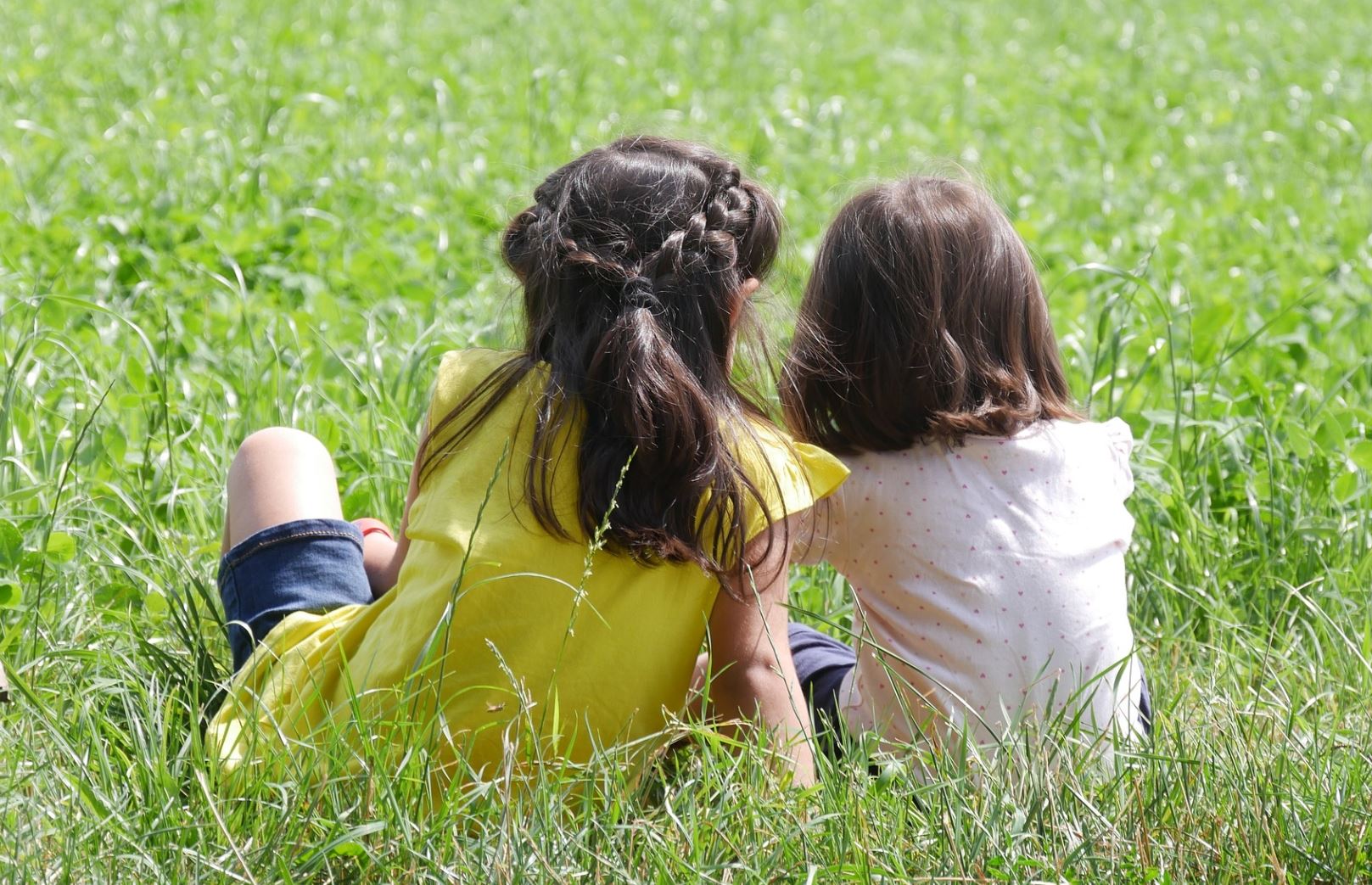
Governments wielding a ‘big stick’ for compliance is unlikely to solve the problem of making parents vaccinate their children.
Flinders University and research colleagues are investigating a less polarising approach to the issue of childhood vaccination refusal or hesitancy.
The findings are described in the paper ‘Understanding the perceived logic of care by vaccine-hesitant and vaccine-refusing parents: A qualitative study in Australia’ just published in the leading science journal PLOS ONE.
It’s estimated that about 2% of parents don’t vaccinate their children for reasons of refusal. The remainder who are affected by a lack of opportunity or access make up about 4%.
“The 2% tend to cluster in certain regions – there is clearly a social pattern we need to better understand,” says Professor Ward, who says the research team is taking an ‘empathic neutral’ position in their engagement with participants.
“We need more ethically sustainable ways to address this public health issue. This starts with a better understanding – of moving beyond stereotypes and castigation,” says Flinders Professor of Public Health Paul Ward.
This could start with a recognition the non-vaccinating parents are conscientious, acknowledging their efforts at intensive parenting, and engage intelligently with them.
Based on in-depth interviews with 29 non-vaccinating parents over three years in Australia, the researchers found many parents who opted for selective or non-vaccination were well educated, middle class and often were distrustful of science, medicine and ‘big pharma’ marketing.
“There’s been a lack of focus on trying to understand parental decision-making or even creating stereotypes, which to some extent has led to an escalation of the situation and to negative responses such as peer shaming, judgement, or over-emphasising the ‘facts’ or science,” Professor Ward says.
“Our research shows that parents who make decisions not to vaccinate their children are simply trying to do their best for their child’s health.”
This seems to go hand in hand with various other parenting practices such as eating organic food, breastfeeding longer, reducing harmful chemicals, reducing screen-time, consulting complimentary and alternative practitioners, and so on.
“We interpret our data as a ‘logic of care’, which is seen by parents as internally consistent, logically inter-related and inter-dependent.
“While not wanting to valorise the decisions not to vaccinate, we argue that an understanding of their attitudes towards health and well-being is imperative for any efforts to engage with their vaccine refusal at a policy level,” Professor Ward says.
As well as a new toolkit for communication and messaging, other strategies might include working through trusted health professionals such as midwives and Child and Adolescent health services which support vaccination.
Supporting GPs and nurses to give advice that maintains the relationship with the health care system is also important – as well as working constructively with local communities on issues where there is a shared goal, like child health and illness prevention.
Further research will hone in on these strategies in non-vaccination hotspots, including the Northern Rivers area in NSW, Adelaide Hills suburbs in SA, and parts of WA.
The paper, Understanding the perceived logic of care by vaccine-hesitant and vaccine-refusing parents: A qualitative study in Australia, by PR Ward (Flinders University), K Attwell (University of WA), SB Meyer (University of Waterloo, Canada), P Rokkas (University of Adelaide) and J Leask (University of Sydney).

